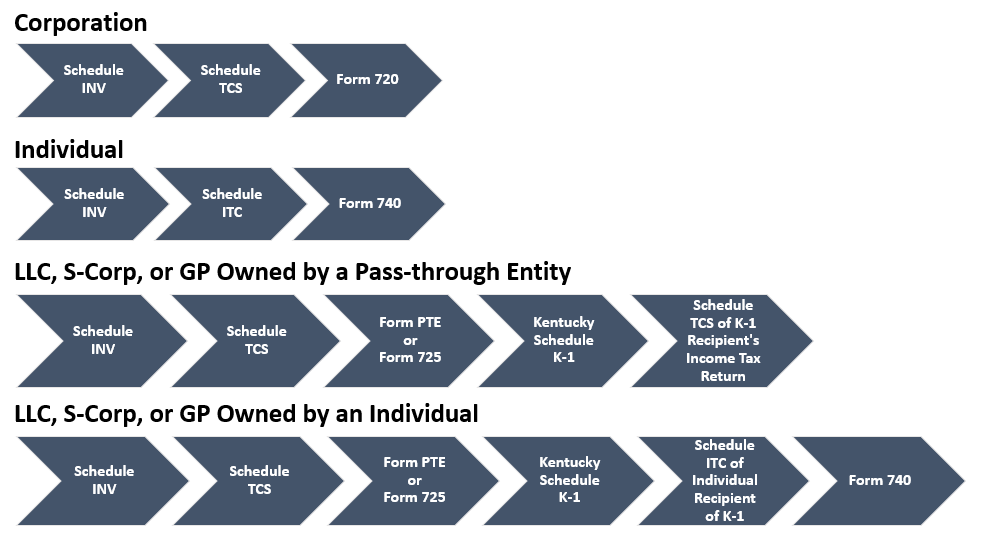Business inventory taxes are a critical aspect of financial management, influencing business operations, profitability, and decision-making. This comprehensive guide delves into the intricacies of business inventory taxes, providing a clear understanding of their impact and strategies for optimization.
From defining the concept and discussing the purpose of these taxes to analyzing their impact on businesses and exploring compliance requirements, this guide covers all essential aspects of business inventory taxes.
Definition of Business Inventory Taxes

Business inventory taxes are levied on the value of goods held by businesses for sale or use in the production of other goods or services.
The primary purpose of these taxes is to generate revenue for local governments and support public services. They also aim to encourage businesses to maintain optimal inventory levels, reducing waste and promoting efficient resource allocation.
Types of Business Inventory Taxes
Different types of business inventory taxes exist, including:
- Property Tax:Assessed on the value of inventory as part of the business’s real and personal property.
- Sales and Use Tax:Collected on the sale or use of inventory items.
- Value-Added Tax (VAT):A consumption tax levied on the value added to goods at each stage of production and distribution, including inventory.
Impact of Business Inventory Taxes

Business inventory taxes can have a significant impact on businesses, both positive and negative. These taxes are typically levied on the value of inventory held by a business at the end of a taxable period. The impact of these taxes can vary depending on the specific tax laws and regulations in each jurisdiction.
One potential benefit of business inventory taxes is that they can encourage businesses to maintain lower levels of inventory. This can lead to reduced storage costs and improved inventory management practices. Additionally, businesses may be able to pass on the cost of these taxes to their customers, which can help to offset the financial burden.
However, business inventory taxes can also have some negative consequences. These taxes can increase the cost of doing business and reduce profitability. Additionally, businesses may be hesitant to invest in new inventory if they are concerned about the potential tax liability.
This can lead to reduced economic growth and innovation.
Impact on Business Operations
Business inventory taxes can have a significant impact on business operations. These taxes can increase the cost of inventory, which can lead to reduced profitability. Additionally, businesses may be hesitant to invest in new inventory if they are concerned about the potential tax liability.
This can lead to reduced economic growth and innovation.
Impact on Profitability
Business inventory taxes can have a negative impact on profitability. These taxes can increase the cost of inventory, which can lead to reduced profit margins. Additionally, businesses may be hesitant to invest in new inventory if they are concerned about the potential tax liability.
This can lead to reduced economic growth and innovation.
Impact on Decision-Making
Business inventory taxes can also impact business decision-making. These taxes can make it more difficult for businesses to plan for the future and make investment decisions. Additionally, businesses may be hesitant to take risks if they are concerned about the potential tax liability.
This can lead to reduced economic growth and innovation.
Compliance with Business Inventory Taxes

Compliance with business inventory taxes is essential for businesses to avoid penalties and legal consequences. Understanding the legal requirements and following the regulations set forth by tax authorities is crucial.
To comply with business inventory taxes, businesses must:
- Register with the appropriate tax authorities and obtain a tax ID.
- Keep accurate records of all inventory, including its cost, quantity, and location.
- File tax returns on time and pay the taxes due.
Consequences of Non-Compliance
Failure to comply with business inventory taxes can result in significant consequences, including:
- Penalties and fines
- Interest charges on unpaid taxes
- Legal action, including criminal charges in severe cases
Final Review

By optimizing business inventory taxes, companies can minimize their tax burden and maximize profitability. This guide empowers businesses with the knowledge and strategies to navigate the complexities of business inventory taxes effectively.

